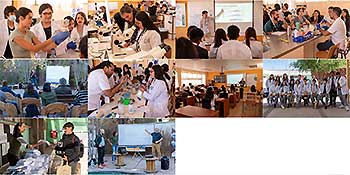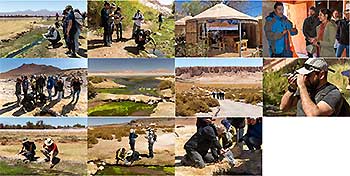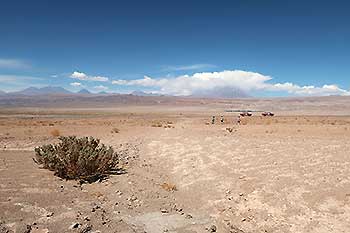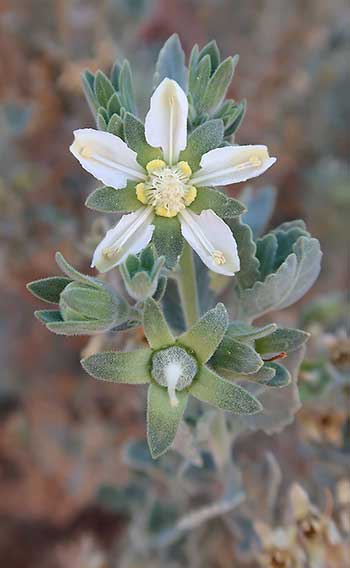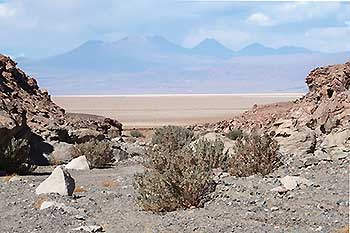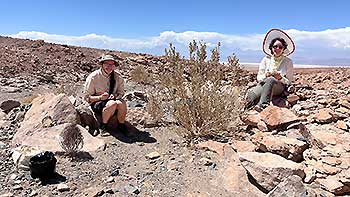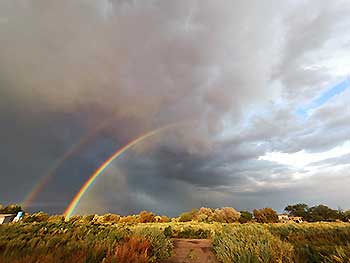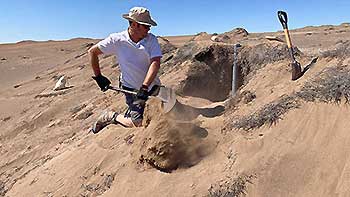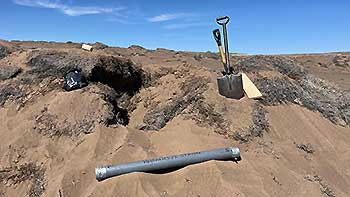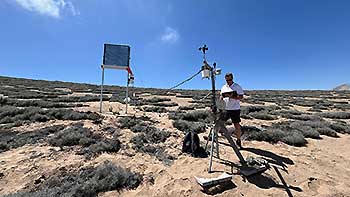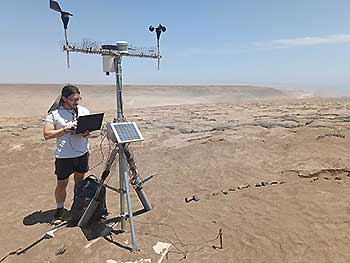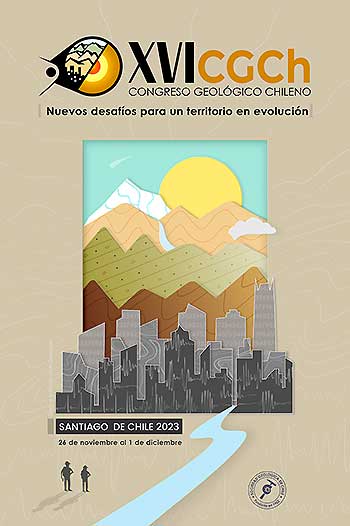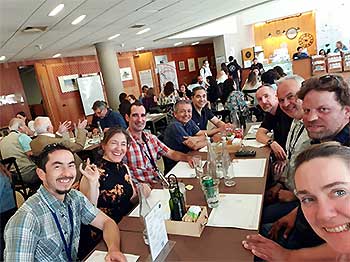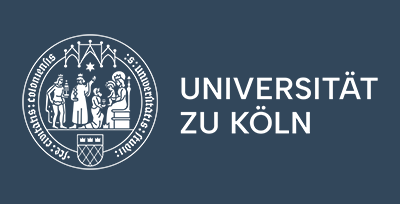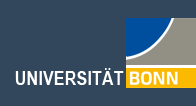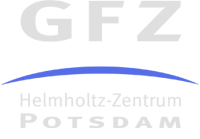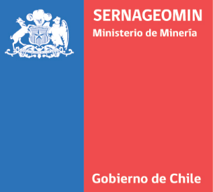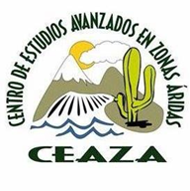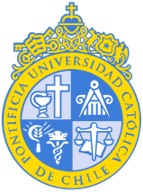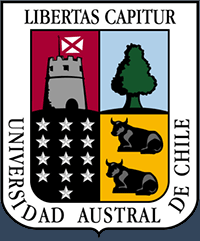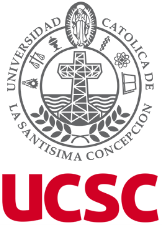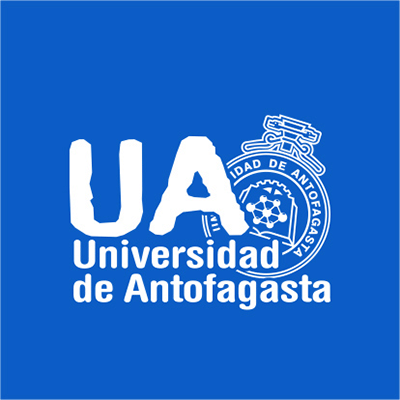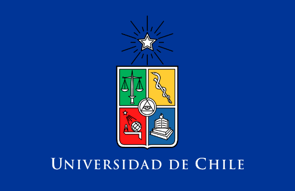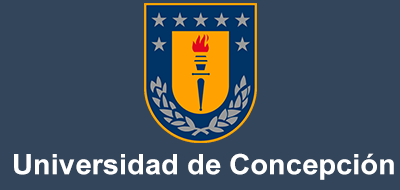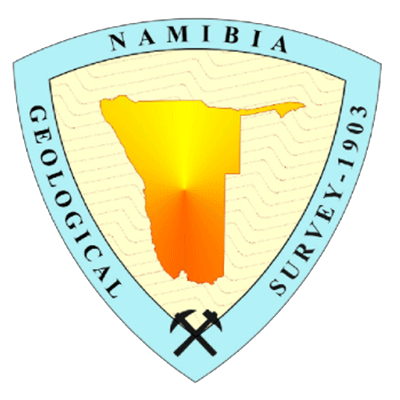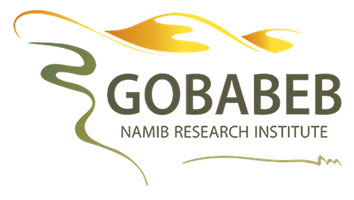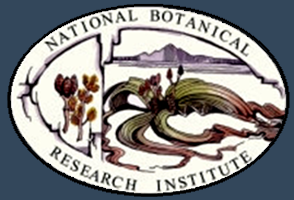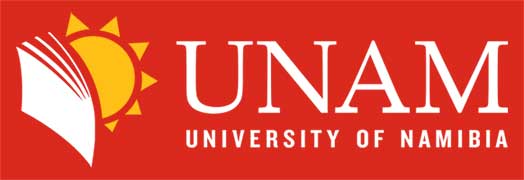Day1 | Day 2 | Day 3 | Day 4 | Day 5 | Day 6 | Day 7 | Day 8
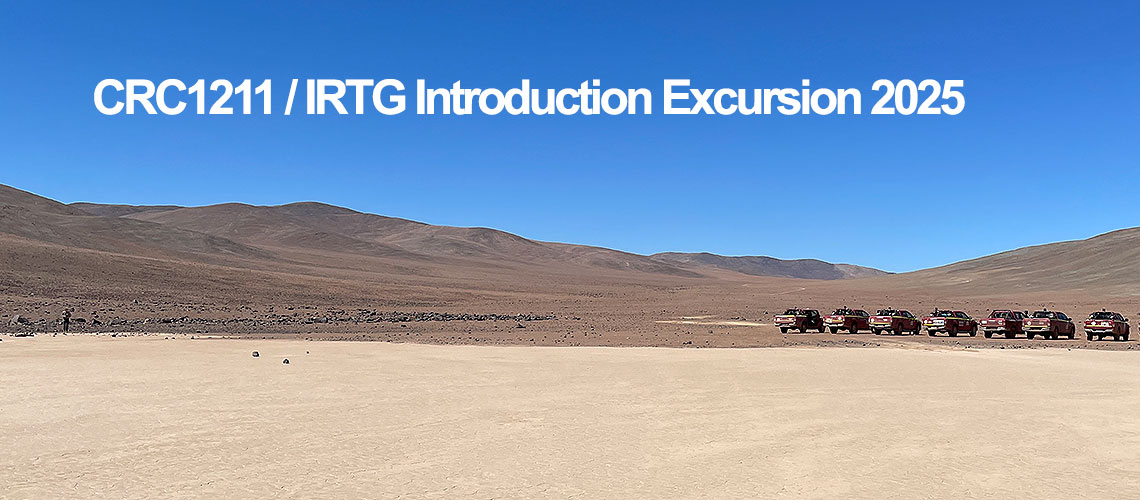
all Pictures © Benni Ritter-Prinz, Hannah Hartung & Damián A. López
Day 1:
The introduction excursion of the CRC1211 started on Sunday 9/03/25 going from Antofagasta to Taltal with various stops along the road.
Day 2:
Focus area of the second day was the Paposo transect.
Day 3:
Visiting the sampling site of the irrigation experiment. We explored alluvial fan deposits along the coastal road from Taltal to Antofagasta and meeting up with the B project to learn something about Huidobria in the Quebrada systems in the Atacama Desert.
Day 4: “From dust to crust” (Benni)
Long drive from Mejillones to Pica. Passing by Salar Grande exploring some gypsum crusts, Tillandsia dunes and tephra layers of the coastal cordillera.
Day 5: Lamas, Lamas, Lamas
Visiting Salar del Huasco and project D03. We saw Lamas, Nandus, Flamingoes and learned something about isotopes and water inflow.
Day 6:
First stop at hyper arid core of the Atacama Desert. Gypsum crusts form in the shape of polygons here - Maindronia (Insecta: Zygentoma) lives there, but we did not see one. Short stop at Salar Grande visiting a salt mine. We had lunch at a site where Tillandsia Lomas occur. Highlight of the day was the visit at Rio Loa canyon viewpoint with a dusty rough ride.
Day 7: Genesis of the CRC
Visiting the maybe oldest surface on Earth to be able to walk on from the Miocene/Eocene (Dunai et al., 2005/ Ritter et al. in prep.). Did some Chilean history by visiting Pisagua. Lunch at Quebrada Tiliviche.
Day 8: Aroma Transect
From Miocene to recent - visiting the alluvial fan of the Quebrada Aroma: an altitude transect (1200-2500 m) from hyper arid to arid/semi-arid conditions.
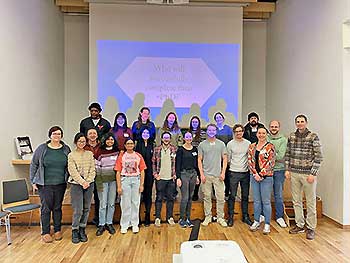
We recently kicked off the third funding period of CRC 1211 with an exciting two-day retreat in Bonn organized by the IRTG. It was the perfect opportunity for us PhDs to dive into the projects, connect with the IRTG, and get to know one another.
The retreat began with impressive presentations from CRC speakers and PIs, who gave us a comprehensive overview of the subprojects and their connections. Coming from such diverse academic backgrounds, we found this big-picture perspective essential to understanding how all the pieces fit together. It was great to finally put faces to the names of our PIs and learn more about what our fellow PhDs are working on day-to-day.
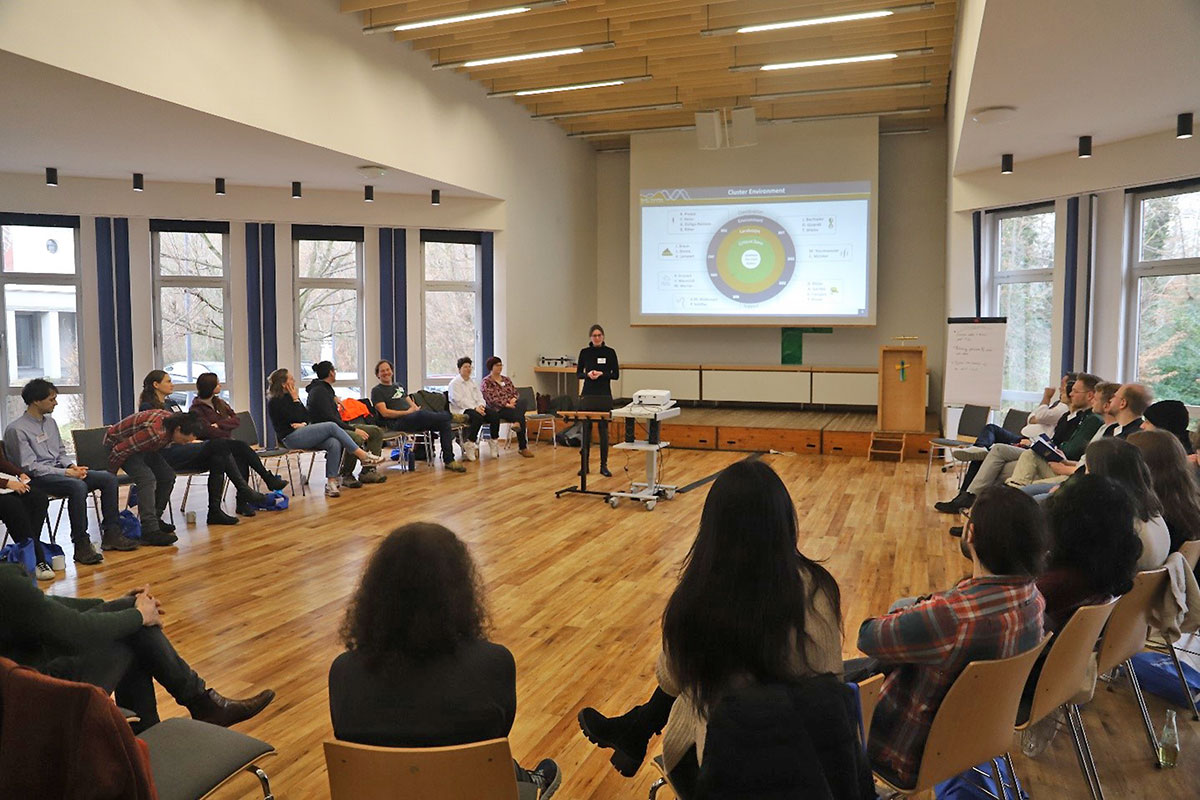 Photo: Christian Tiede
Photo: Christian Tiede
Afterward, we moved into a dynamic group workshop led by Dr. Benjamin Hartwig from Neuroblitz (www.Neuroblitz.de). Through inspiring activities, he encouraged us to actively see, hear, and collaborate with one another, strengthening our connections as a team.
We wrapped up the day with some well-earned downtime - complete with cold beers and a competitive game of Kegeln in the cozy basement of Haus Venusberg, where most of us stayed the night. Spirits were high, and the festive atmosphere made us even more excited about the upcoming field trip to Chile!
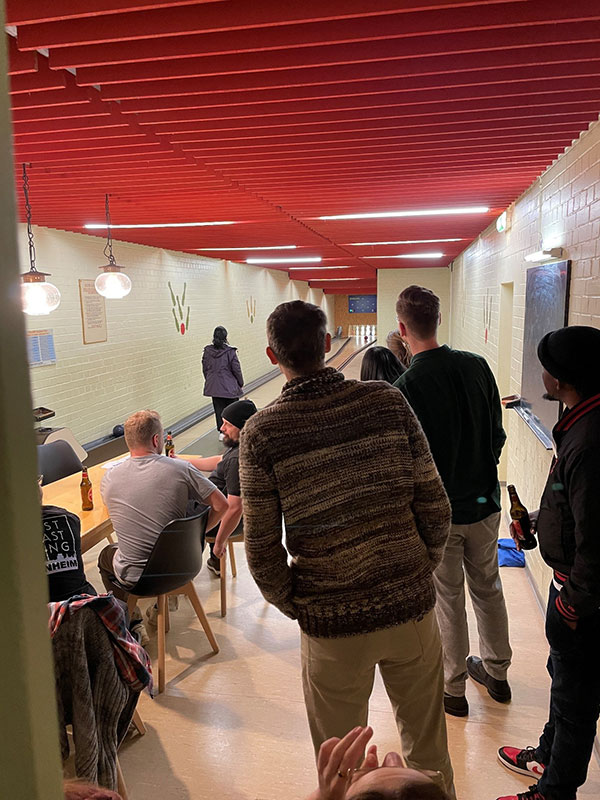
Photo: Hannah Hartung
Day two extended the workshop with more engaging group exercises, ending in the presentation of our unique “PhD Survival Kits.” Each group brought their own creative twist to the challenge, presenting through an art gallery, a personal story, a decision-driven adventure narrative, and even a quiz show!
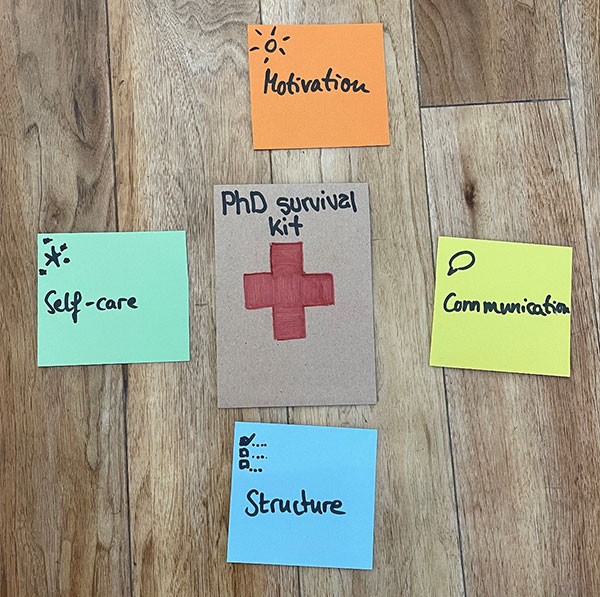
Photo: Hannah Hartung
These activities were not only enjoyable but also provided valuable insights into managing the challenges of the PhD journey while strengthening our connections as colleagues and friends.
Looking back on these two incredible days, it’s clear we achieved more than just sharing knowledge and insights. We built a sense of community, both professionally and personally, that we’ll carry forward as we prepare for the next adventure: exploring the Atacama Desert together.
Here’s to the start of an exciting new chapter for CRC 1211!
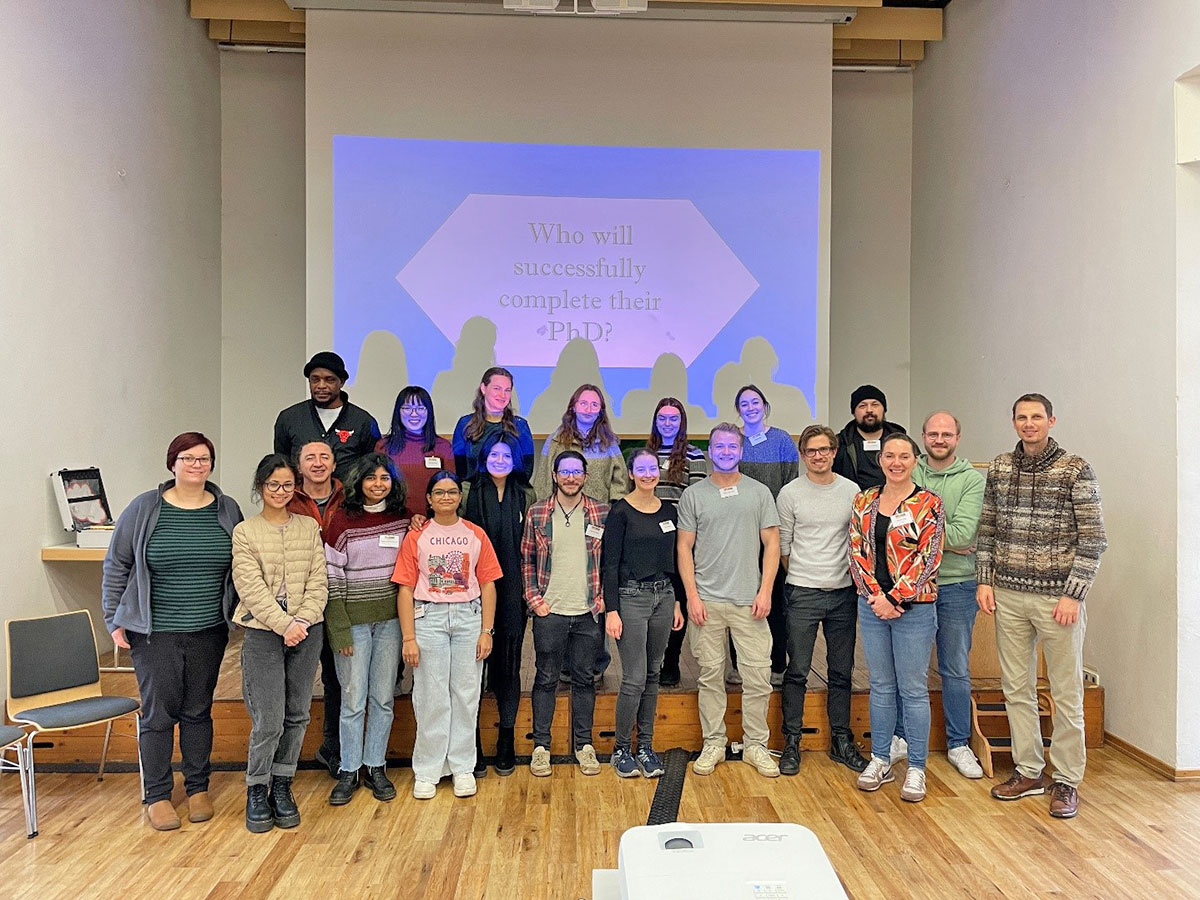
Photo: Hannah Hartung
Text: Greta Kautz, Katrin Morr

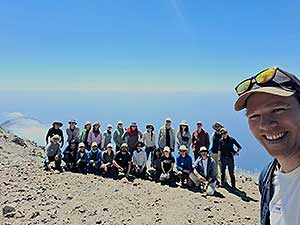
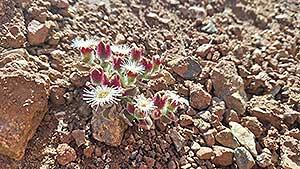
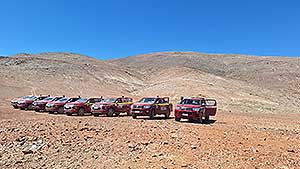

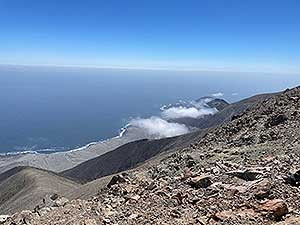
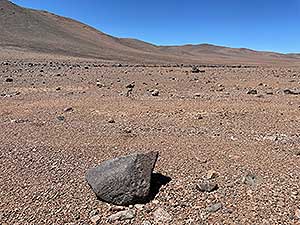
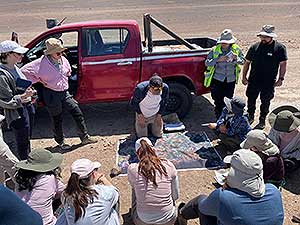
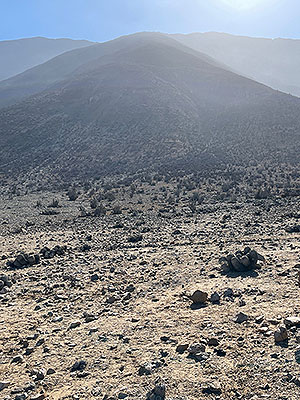
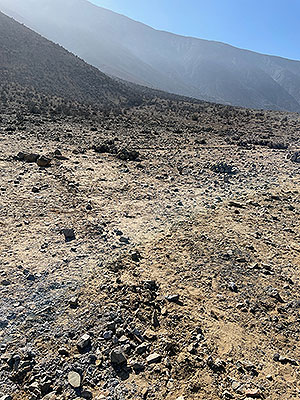
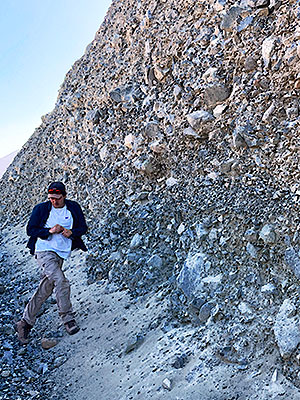
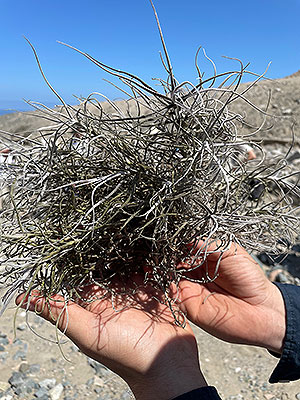
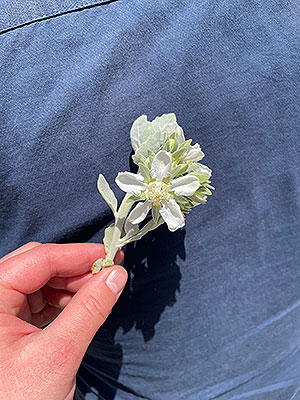
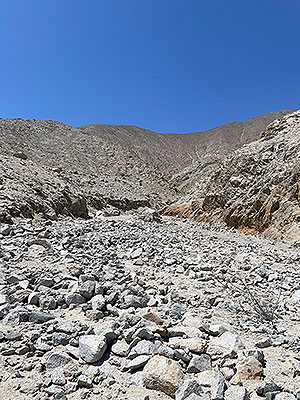
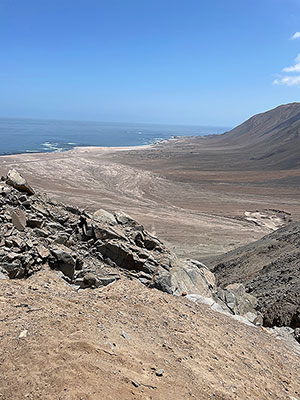
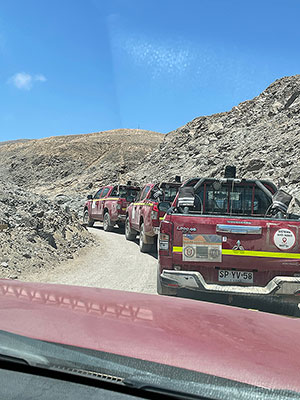
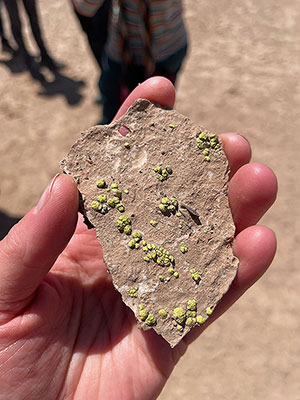
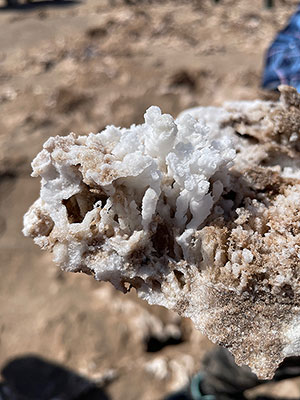
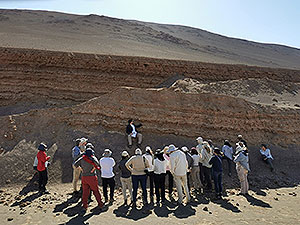
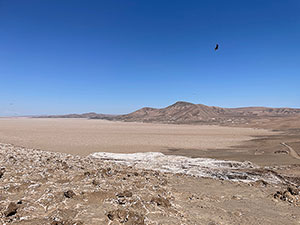
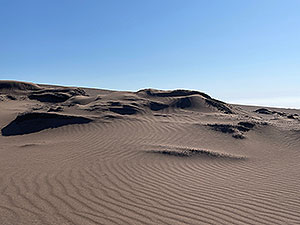
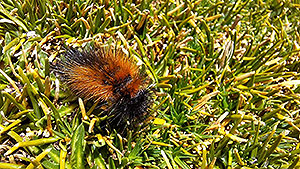
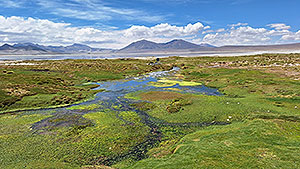
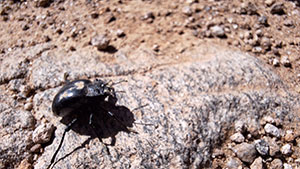
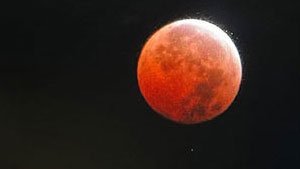
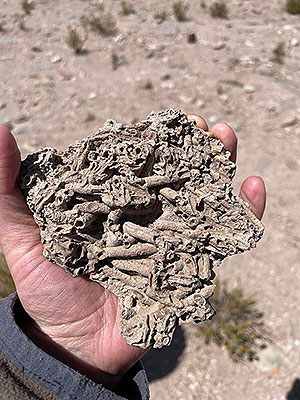
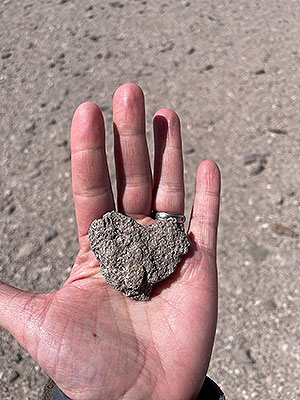
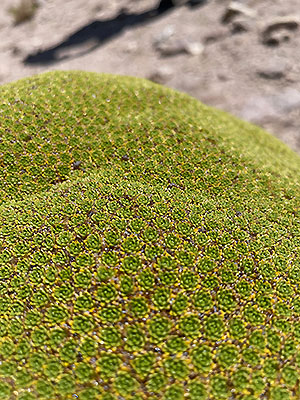
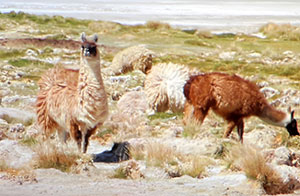
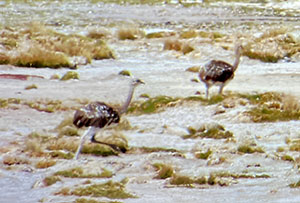
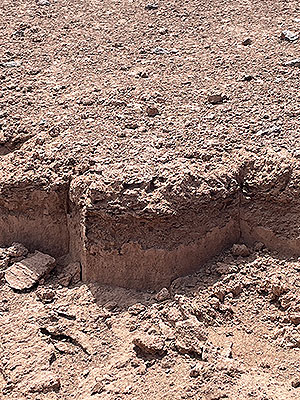
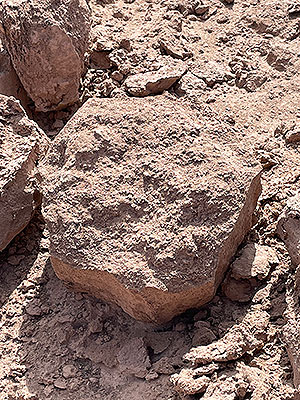
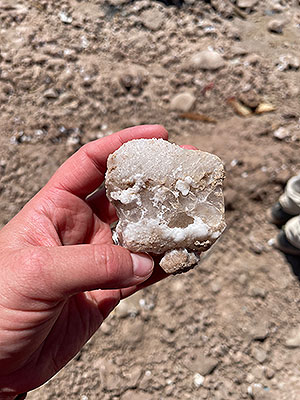
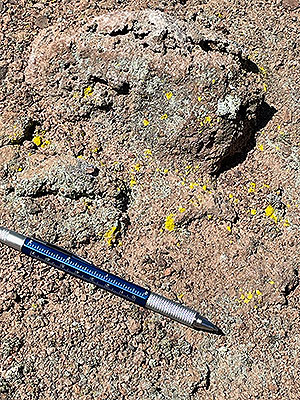
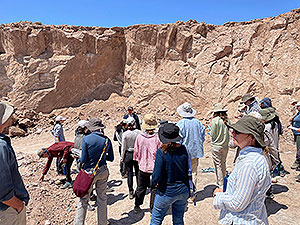
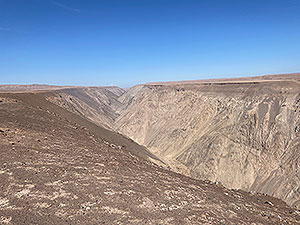
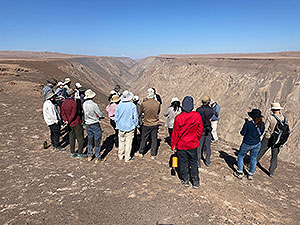
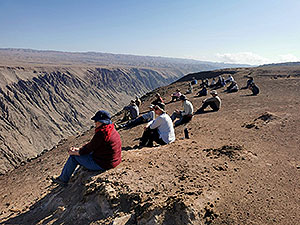
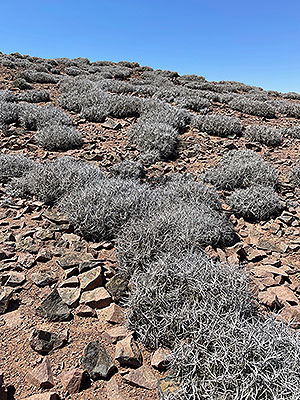
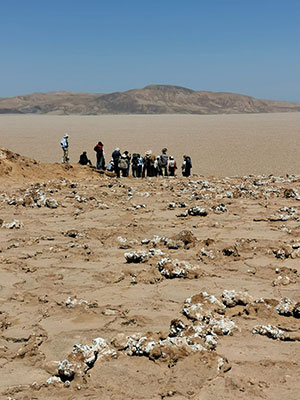
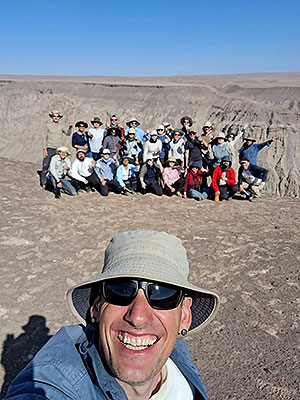
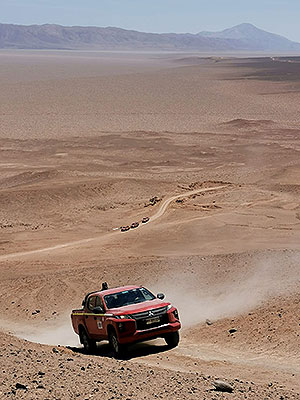
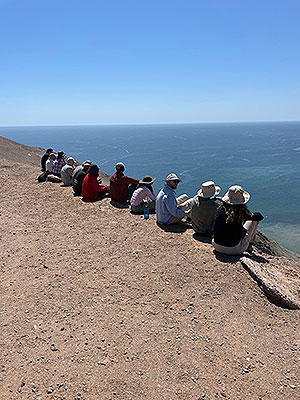
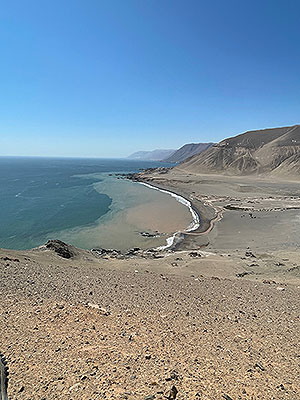
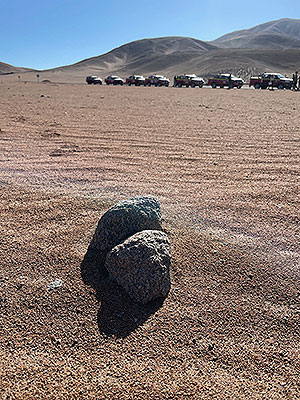
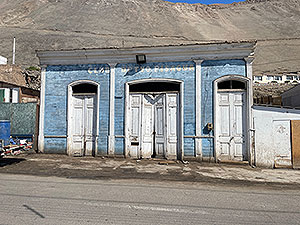
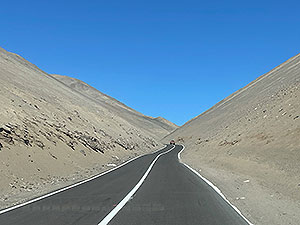
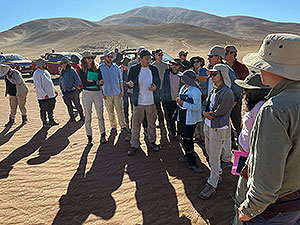
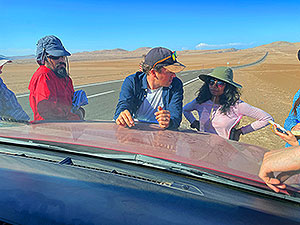
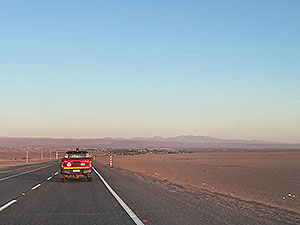
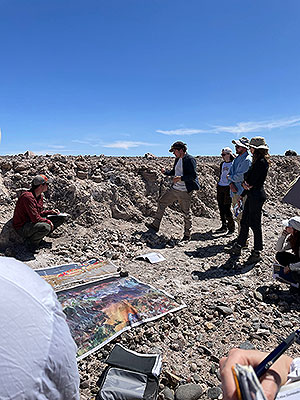
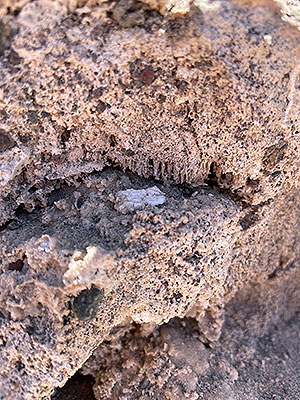
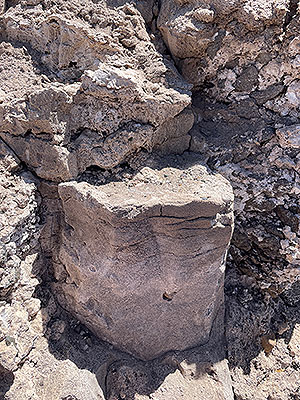
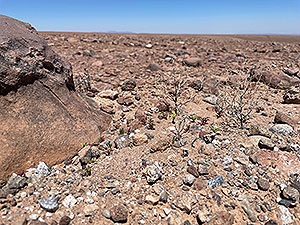
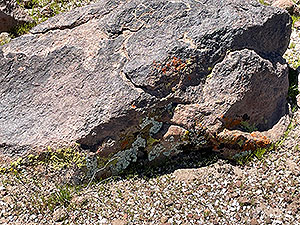
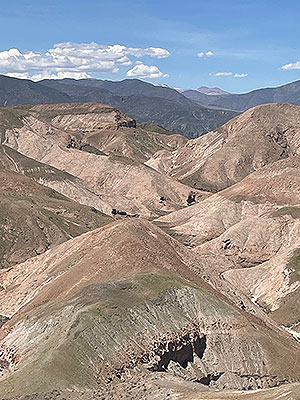
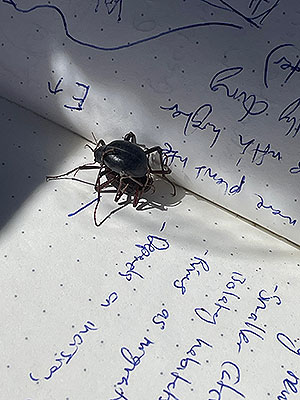








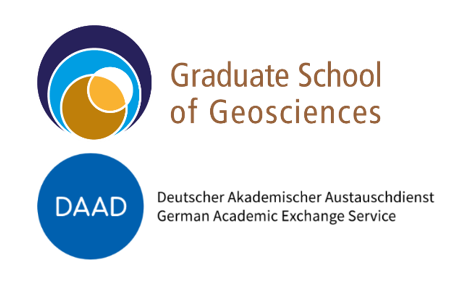 Supported by the
Supported by the 
